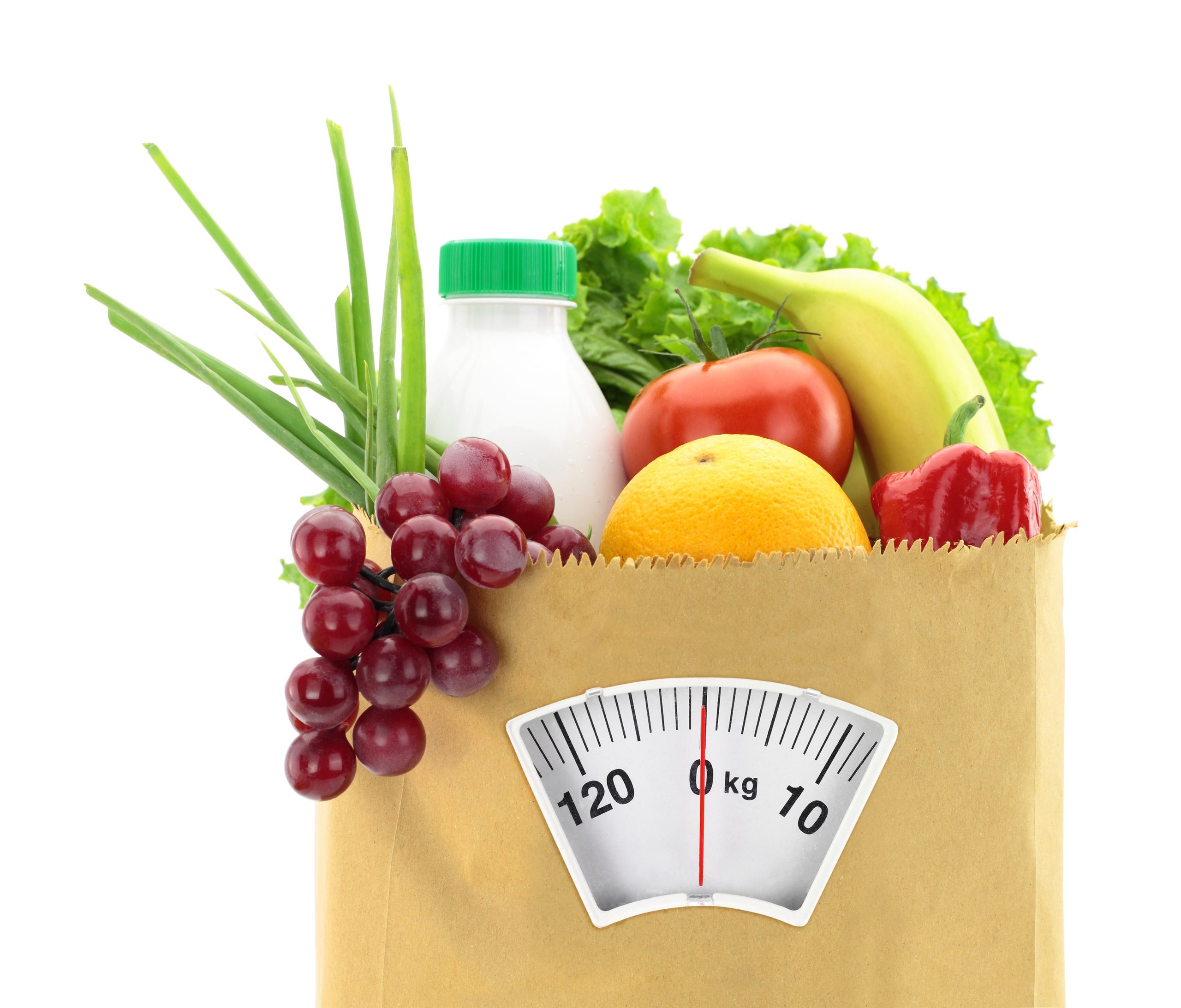When it comes to weight loss, a well-rounded approach that includes a balanced diet and regular physical activity is key. One important element of a healthy diet that aids in weight loss is dietary fiber. Fiber is a type of carbohydrate found in plant-based foods that offers numerous health benefits, including its ability to support weight management. In this article, we will explore the role of fiber in weight loss and how it can help you achieve your weight loss goals effectively and sustainably.
- Increased Satiety:
Fiber-rich foods have the unique ability to promote feelings of fullness and satiety. Unlike other nutrients, fiber is not fully digested or absorbed by the body, meaning it adds bulk to your meals without contributing significant calories. By adding bulk and expanding in your stomach, fiber-rich foods help you feel satisfied and reduce hunger cravings, making it easier to control your calorie intake and resist unnecessary snacking.
- Reduced Energy Density:
Foods that are high in fiber often have a lower energy density, meaning they provide fewer calories for the same volume compared to foods that are low in fiber. This can be beneficial for weight loss because you can consume a larger portion of food while still maintaining a lower calorie intake. By choosing fiber-rich options such as fruits, vegetables, whole grains, and legumes, you can enjoy satisfying meals without excessive calorie consumption.
- Slower Digestion and Stabilized Blood Sugar:
Fiber slows down the digestion process, which can help stabilize blood sugar levels. When you consume fiber-rich foods, they take longer to break down and release glucose into the bloodstream, leading to a gradual and steady rise in blood sugar. This helps prevent blood sugar spikes and crashes, reducing cravings for sugary and high-calorie foods that can hinder weight loss efforts.
- Improved Gut Health:
Fiber acts as a prebiotic, providing nourishment for the beneficial bacteria in your gut. A healthy gut microbiome is essential for overall well-being, including weight management. Certain types of fiber promote the growth of beneficial bacteria that produce short-chain fatty acids, which have been linked to improved metabolism and reduced body weight. By consuming a variety of fiber-rich foods, you can support a healthy gut microbiome and potentially enhance weight loss.
- Enhanced Digestive Regularity:
Adequate fiber intake promotes regular bowel movements and helps prevent constipation. When your digestive system is functioning optimally, you are less likely to experience bloating and discomfort, which can hinder your weight loss journey. By including fiber-rich foods in your diet, you can support a healthy digestive system and ensure regular elimination of waste.
- Long-Term Weight Management:
In addition to its short-term benefits for weight loss, fiber plays a vital role in long-term weight management. High-fiber diets have been associated with a lower risk of weight regain after weight loss. This may be attributed to the sustained feelings of fullness and reduced calorie intake associated with fiber-rich foods. By incorporating fiber into your daily diet, you can establish healthy eating habits that support weight maintenance.
To increase your fiber intake and support weight loss, consider the following tips:
- Consume a variety of fruits and vegetables, aiming for at least 5 servings per day.
- Choose whole grains such as oats, quinoa, and brown rice instead of refined grains.
- Include legumes such as beans, lentils, and chickpeas in your meals.
- Snack on nuts, seeds, and fresh or dried fruits instead of processed snacks.
- Read food labels and select products with higher fiber content.
- Gradually increase your fiber intake to allow your body to adjust and prevent digestive discomfort.
Remember to drink plenty of water when increasing your





